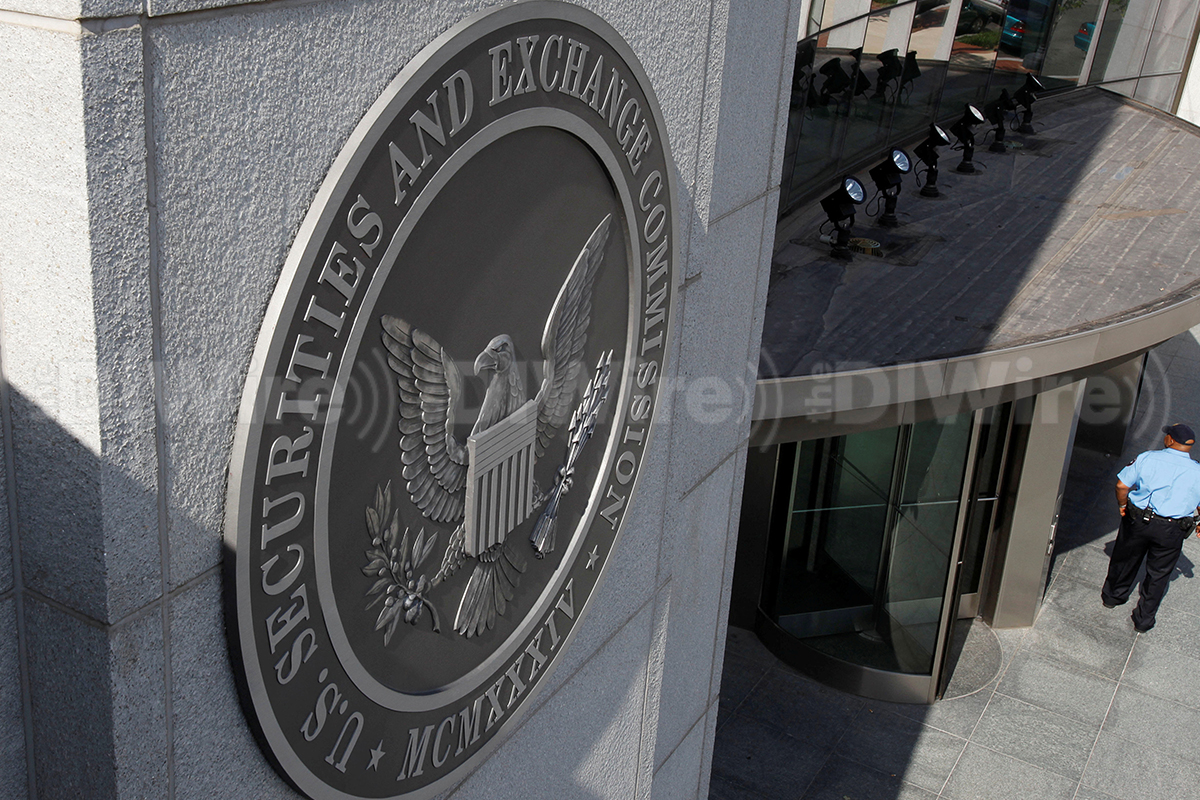SEC Overhauls Rules for $20 Trillion Private Fund Industry

NEW YORK (Reuters) – The U.S. securities regulator on Wednesday adopted new rules that will shine a light on private equity and hedge fund expenses and fees, in what executives and lawyers said marks a sweeping overhaul for an industry long criticized for its opacity.
But in a partial victory for fund groups which opposed the rules, the Securities and Exchange Commission did not proceed with proposals that would have expanded funds’ legal liability and outright banned arrangements that allow some investors special terms.
The securities regulator’s five-member panel voted 3-2 to implement a number of new requirements aimed at increasing transparency, fairness and accountability in the private funds industry, which has more than doubled its assets over the past decade. The industry manages around $20 trillion in assets.
The new rules require private funds to issue quarterly fee and performance reports, and to disclose certain fee structures while barring giving some investors preferential treatment over redemptions and portfolio exposure. The rules also require funds to perform annual audits.
Advocacy groups have accused the private fund industry of unfair, conflicted and opaque practices that hurt everyday Americans who invest in such funds through their pensions.
“Investors, large or small, benefit from greater transparency, competition and integrity. It’s not as if some state pension fund benefits from opacity,” SEC Chair Gary Gensler told reporters after the panel’s vote.
While the changes mark the biggest overhaul of industry rules in years, the SEC rowed back on some proposals after major players, including Citadel and Andreesen Horowitz, argued that the agency was overreaching its authority by attempting to bar long-established fee structures and liability terms.
The agency dropped a proposal to bar fees for services that are not performed, such as compliance expenses or costs defending against regulatory probes, and scrapped another that would have made it easier for investors to sue funds for misconduct.
The SEC had also proposed banning so-called “side letters,” an industry practice through which funds can offer some investors special terms. Instead, it opted on Wednesday to require that fund managers disclose such agreements when they are financially material.
The SEC did, however, ban the practice of offering some investors special redemption terms.
Despite the softening of the original proposal, lawyers said the changes marked a sea change for the industry.
“This is still a sweeping series of rules for private fund managers that will have significant effects,” said Kelly Koscuiszka, partner with Schulte Roth & Zabel law firm in New York.
The rules will go into effect in 60 days, although some will be phased in depending on the size of the fund. They will apply to new agreements, meaning the industry will not have to rewrite all existing contracts.
The Managed Funds Association industry group said it continues to have concerns that the new requirements will hike costs and curb investment opportunities.
The group will “work with our members to determine the appropriate next steps to protect the interests of alternative asset managers and their investors, including potential litigation,” CEO Bryan Corbett said in a statement.
(Reporting by Carolina Mandl and Chris Prentice; Editing by Michelle Price, Nick Zieminski, Mark Porter, David Gregorio and Jonathan Oatis)

